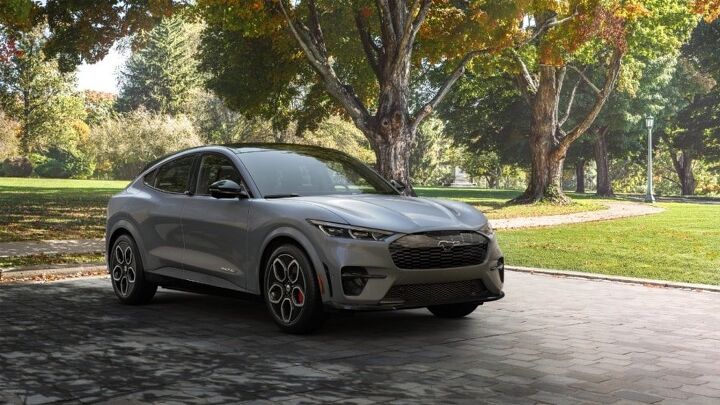
Today is one of those days in which I pose a QOTD based on an earlier news story -- as if you all aren't already arguing in the comments.
This one is a two-parter -- is Jim Farley right? And if so, what can be done to keep job losses to a minimum?
The answer to part one seems obvious since EVs do require fewer parts to assemble. But who knows -- maybe something unforeseen happens?
The second part is trickier, and if I had a good answer I'd be making bank as a consultant, and instead of testing cars I can't afford I'd be buying them. Ahem. Anyway, I do feel for those who might lose their jobs due to broad technological shifts, but I also want to see climate change halted and though EVs aren't perfect (their production still pollutes, as does the mining of the materials needed to build them), they have an advantage over internal-combustion vehicles when it comes to emissions. So, naturally, my empathetic side hopes that Ford and other OEMs can find roles for these workers. Perhaps working with suppliers.
Indeed, if you'll indulge a bit of politics for a second, I think certain Democratic politicians hurt their chances at winning election a few years back by appearing to be unsympathetic to coal miners who'd lose their jobs during a transition to clean energy. There's a way to talk up clean energy without being cold to workers who lose their income -- which is also a source of pride. Farley seems to grasp that, as noted in my earlier piece.
But, i digress. If you have big ideas on how the estimated 40 percent of Ford laborers that might lose their jobs can be "rehomed" within Ford, let us know.
Or don't -- maybe you'll save your best idea, become a consultant, and buy that Eurovan from this morning.
[Image: Ford]
Become a TTAC insider. Get the latest news, features, TTAC takes, and everything else that gets to the truth about cars first by subscribing to our newsletter.
via Autobuzz Today
Comments
Post a Comment